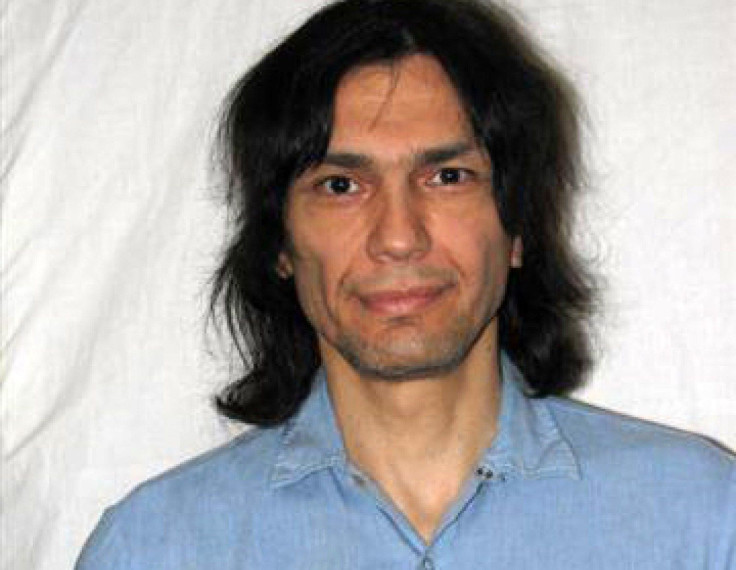‘Night Stalker’ Richard Ramirez Official Cause Of Death Revealed, Serial Killer Died From B-Cell Lymphoma Complications

Richard Ramirez, the infamous serial killer known as "Night Stalker," who terrorized Californians in the 1980s, died on June 7th at the age of 53. Initial reports said that Ramirez died from liver failure, but Marin County coroner's office revealed Monday that Ramirez was killed by B-cell lymphoma, a cancer of the lymphatic system.
According to the Associated Press, Ramirez was indeed taken to the hospital to be treated for liver failure prior to his death. The autopsy report released Monday showed that the serial killer had cancer and other "significant conditions," including hepatitis C and chronic substance abuse.
Lymphomas are the most common type of blood cancer. They arise in the lymphoid cells, which are part of the immune system and help fight infection. There are two primary types of lymphocytes (or blood cells) that can become lymphomas: B-cells and T-cells. An estimated 79,000 Americans were diagnosed with lymphoma in 2012. Of them, a little over 20,000 are believed to have died from the disease.
People who have hepatitis C, like Ramirez, are at a higher risk of developing lymphoma. People who inject drugs and regularly share drug paraphernalia are at higher risk for contracting hepatitis C. Consequently, Ramirez's pre-incarceration drug use may have caused his hepatitis C, which then caused his B-cell lymphoma.
"That's chronic drug use prior to incarceration," said Lt. Keith Boyd, Marin County's assistant chief deputy coroner. "There's nothing to support any kind of drug use while incarcerated."
Ramirez was on death row at San Quentin State Prison when he died. He had been there since he was convicted in the murders of 13 people in 1989. He got the name "Night Stalker" when news reports urged Southern California residents to lock their windows and doors at night while Ramirez remained on the loose, terrorizing his victims.
"If you go back to the old news stories, there were tips," recalled San Francisco Police Chief Greg Suhr. "Make sure your windows are locked. If you have a dog, put your dog out. It was a very anxious time in San Francisco."
Until Monday, prison officials refused to release any further details on Ramirez's death. His medical history and in-prison disciplinary history remain unavailable.



























